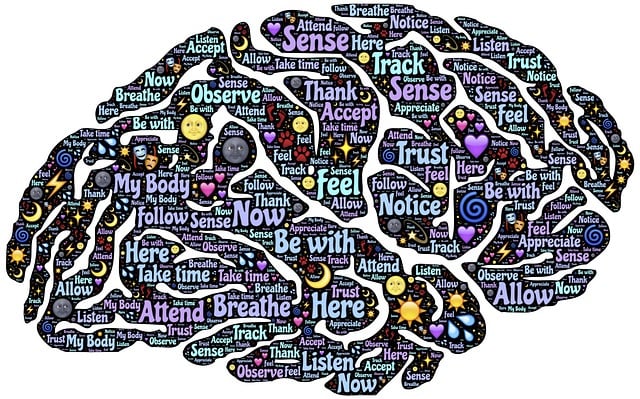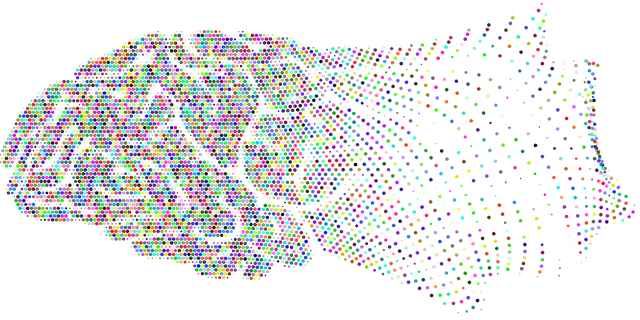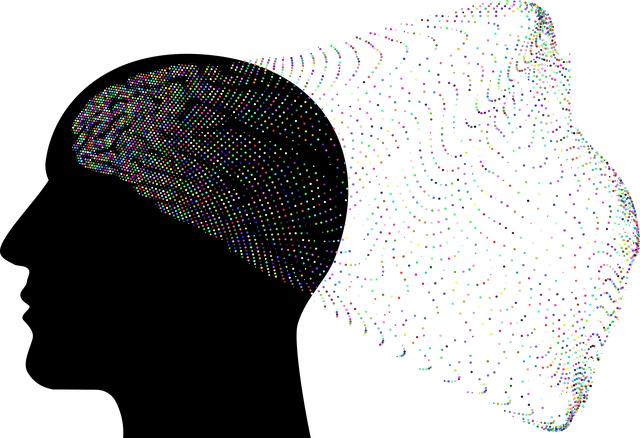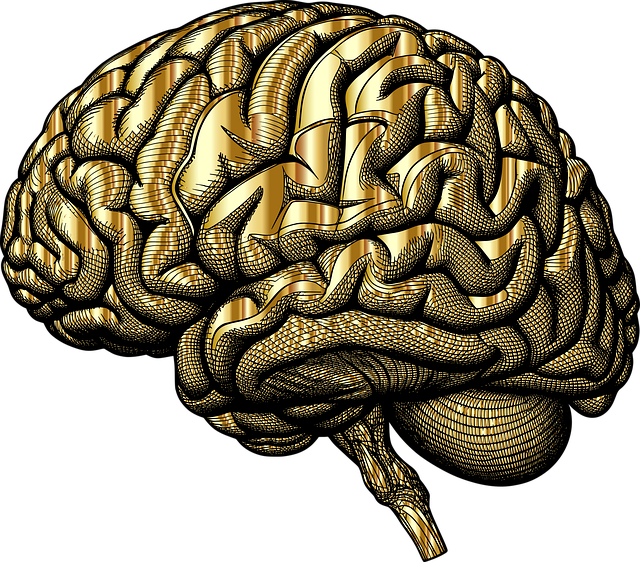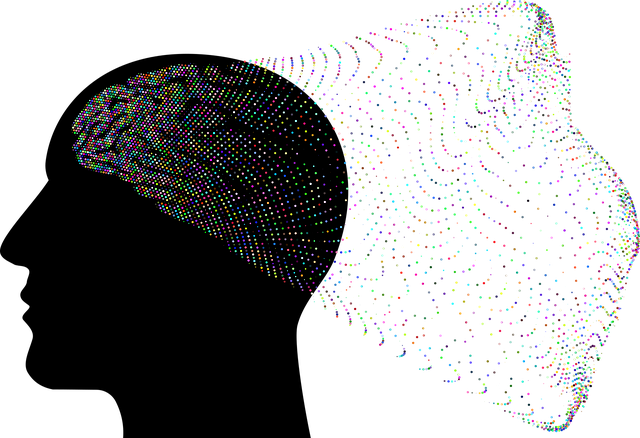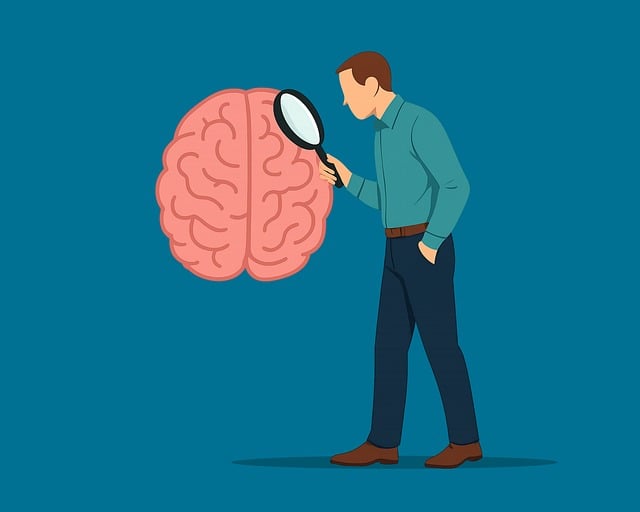Elderly individuals, especially from marginalized genders, face barriers to mental healthcare due to societal norms and cultural gaps in traditional therapy models. Gender-affirming care offers inclusive environments addressing specific triggers related to gender identity and expression. CBT is an evidence-based treatment for elders, focusing on changing negative thought patterns linked to anxiety through structured sessions teaching self-care, coping strategies, social skills, and relaxation techniques. Mindfulness and relaxation methods like meditation, breathing exercises, progressive muscle relaxation, and guided imagery are powerful tools for managing anxiety and preventing depression. Social support through community engagement and peer connections is crucial for building strong support networks integral to elders' healthcare and well-being. Therapy for Elders Gender-Affirming Care.
Anxiety is a prevalent issue among the elderly population, with gender-specific considerations that require tailored approaches. This article explores effective strategies to manage anxiety in older adults, focusing on Cognitive Behavioral Therapy (CBT) and alternative methods like mindfulness and social support. We delve into the significance of gender-affirming care, offering unique perspectives on treating this often-overlooked demographic. By understanding the role of gender in anxiety management, healthcare professionals can provide more comprehensive therapy for elders, enhancing their overall well-being.
- Understanding Anxiety in Elderly Individuals: The Role of Gender-Affirming Care
- Cognitive Behavioral Therapy (CBT): A Powerful Tool for Managing Anxiety
- Alternative Approaches: Mindfulness, Relaxation Techniques, and Social Support for Elders' Anxiety Relief
Understanding Anxiety in Elderly Individuals: The Role of Gender-Affirming Care

Anxiety is a prevalent issue among elderly individuals, often manifesting differently than in younger populations. Understanding and addressing anxiety in this demographic requires a nuanced approach, especially when considering the unique experiences and challenges that come with aging. One essential aspect often overlooked is the role of gender-affirming care in therapy for elders.
Elderly people, particularly those from marginalized genders, may face additional barriers to accessing effective mental healthcare. Traditional therapy models sometimes fail to account for cultural sensitivity in mental healthcare practice and the impact of societal norms on an individual’s mental well-being. Gender-affirming care ensures that therapeutic environments are inclusive and supportive, fostering open discussions about anxiety triggers specific to gender identity and expression. By integrating stress reduction methods tailored to these needs, practitioners can significantly enhance positive thinking and overall mental health outcomes for elderly clients.
Cognitive Behavioral Therapy (CBT): A Powerful Tool for Managing Anxiety

Cognitive Behavioral Therapy (CBT) is a highly effective and evidence-based approach to managing anxiety, particularly for elders seeking gender-affirming care. CBT focuses on identifying and challenging negative thought patterns and behaviors that contribute to anxiety disorders. By employing mind over matter principles, this therapy empowers individuals to take control of their mental health. Through structured sessions, therapists help clients develop a self-care routine tailored to their needs, encouraging healthy coping strategies.
The process involves learning to recognize and reframe distorted thoughts, gradually exposing oneself to anxious situations, and mastering relaxation techniques. CBT also incorporates social skills training, fostering better interactions and reducing social anxiety. This holistic approach ensures that elders can navigate their daily lives with increased confidence and a diminished sense of anxiety, ultimately improving their overall well-being.
Alternative Approaches: Mindfulness, Relaxation Techniques, and Social Support for Elders' Anxiety Relief

Anxiety management for elders often requires tailored approaches that go beyond traditional therapy. One effective alternative is mindfulness, a practice that encourages individuals to focus on the present moment, acknowledging and accepting their feelings and thoughts without judgment. Through mindfulness meditation and breathing exercises, elders can learn to regulate their emotions and reduce anxious responses. This technique has been shown to be particularly beneficial in depression prevention, as it promotes mental clarity and emotional well-being.
Additionally, relaxation techniques play a pivotal role in alleviating anxiety among the elderly population. Simple practices such as progressive muscle relaxation and guided imagery help ease physical tension and calm the mind. These methods are inclusive and can be adapted to suit diverse needs, ensuring that every elder receives gender-affirming care. Moreover, fostering social support through community engagement and connecting with peers can significantly contribute to anxiety relief. Encouraging regular interactions with family, friends, or support groups allows elders to share experiences, offer mutual encouragement, and build a strong support network, all of which are essential components in the healthcare provider’s cultural competency training to address these concerns effectively.
Anxiety management is a vital aspect of elderly care, and by understanding the unique challenges faced by older individuals, we can provide effective support. Combining evidence-based therapies like Cognitive Behavioral Therapy with gender-affirming care practices offers a comprehensive approach to treating anxiety in the elderly. Through mindfulness, relaxation techniques, and fostering social connections, elders can find relief and enhance their overall well-being. By embracing these alternative methods alongside traditional therapy, we can revolutionise how we support our aging population, ensuring they lead happier, more secure lives.
